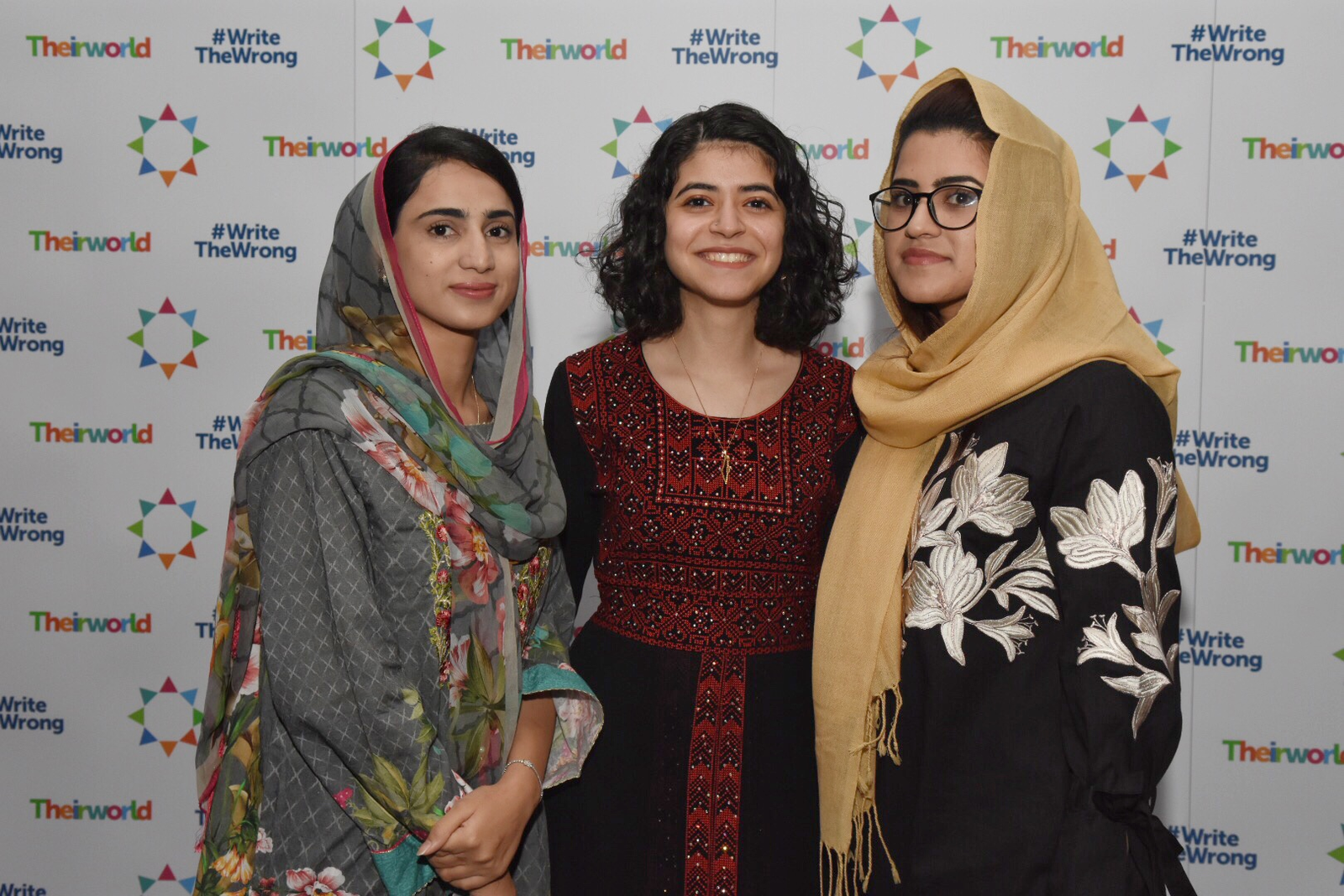
How a girl terrified of being raped at school is changing attitudes in Nepalese village
Girls' education
At A World at School, we constantly talk about making schools safe. I myself have been engaged with AWAS as a Global Youth Ambassador for a year which will be completed on April 1. In that time we have conducted several programmes for AWAS. On my last one, I didn’t think of safe schools as a priority until this incident happened.
“It takes a pen and a pencil to change the world”, said Malala Yousafzai. But in my experience it took a book to change a life. One of my students, Reshma (whose name has been changed to protect her) was the most silent member of my class. She was in high school (class 9-10 is considered as high school in Nepal while 11-12 is higher secondary) and would never write any mathematical symbols, like “+”, “-“, “÷” or “x”, on her homework, making it nearly impossible to read or grade.
From her friends, I had heard that she was depressed with her miserable life conditions and was humiliated by not being able to study. She was so depressed she thought the best alternative for her was to end her own life. But one day, I talked to her and handed her a book called Jiwan Kanda ki Phool (or Life: Thorns or Flower), written by a lady called Jhamak Ghimire.
The writer had cerebral palsy from childhood and writes with her leg. Neither formally educated nor encouraged to study, Jhamak, with determination, learned language and writing skills by observing her younger sister and imitating the same movements of fingers but using her leg when no one was home.
Reshma was inspired by writer Jhamak Ghimire
Over time, Jhamak turned into a writer and her autobiography was published. It talked about her struggle in life, the revolt she had against family, society, etc. How would this story not change the perception of someone?
After reading the book and discussing it, Reshma now worked hard. She improved her handwriting and those mathematical symbols also started appearing in her homework. In writing reflection assignments we gave her, she would discuss the lines of Jiwan: Kanda ki Phool. Reflections are of no value to the writer until it really covers something important in your life.
Reshma was attacked – not once or twice. She wrote of a third rape attempt on her. She communicated with her family but there was no response. She was fearful to come to school as she thought that anytime might be the fourth attempt or a first successful attempt.
Finally, she informed her teachers. We (myself and one of my Teach for Nepal fellow teachers working at the same school) were furious and my agitation was like a typhoon. If this is the first reported case then how many unreported ones could there be? Is this another reason that students don’t go to school? This was definitely the case for Reshma but it was also the case for others.
Sushant teaching a class at his school in Nepal
Taking things to the next level, my fellow teachers, Reshma and I did a lot of advocacy and lobbying in the village. This was important because villagers must feel ownership of solving any incident happening in their village, as the same might happen in their family. We were prepared for a lot of pressure and hate in village towards us and we did encounter that.
On one side we were saddened by the incident, but on another we were very happy to see Reshma empowered. She represented a case which was previously ignored and this was the first time such an issue was being addressed.
Reshma was desperate to achieve justice in her life as inspired by Jiwan: Kanda ki Phool. We never thought a silent and passive girl would have such fire ignited by a book. This helped us bring more of such incidents to light. As for us, we are now planning to launch a women’s circle in school to deal with these kinds of issues and are calling for other organisations to facilitate talks on sexual health, human rights, women rights and harassment.
This is how one girl’s courage, inspired by a book, is helping to change a village and improve the lives of countless other girls.
More news

